Faith, excess, and contradiction: Martin Luther’s struggles with intemperance
Martin Luther is celebrated for his theological contributions and bold defiance of the Catholic Church. However, beyond his spiritual reforms lies a complex and often controversial personality. Among the facets of Luther’s life that have attracted scrutiny is his well-documented fondness for alcohol and feasting. While convivial drinking and communal meals were a significant part of 16th-century German culture, Luther’s excesses raise questions about the moral implications of his lifestyle and how they align with the values he preached. Furthermore, his relationship with alcohol and its potential impact on his later years — characterized by increasing radicalization, antisemitism, and vitriolic rhetoric — warrants a deeper exploration.
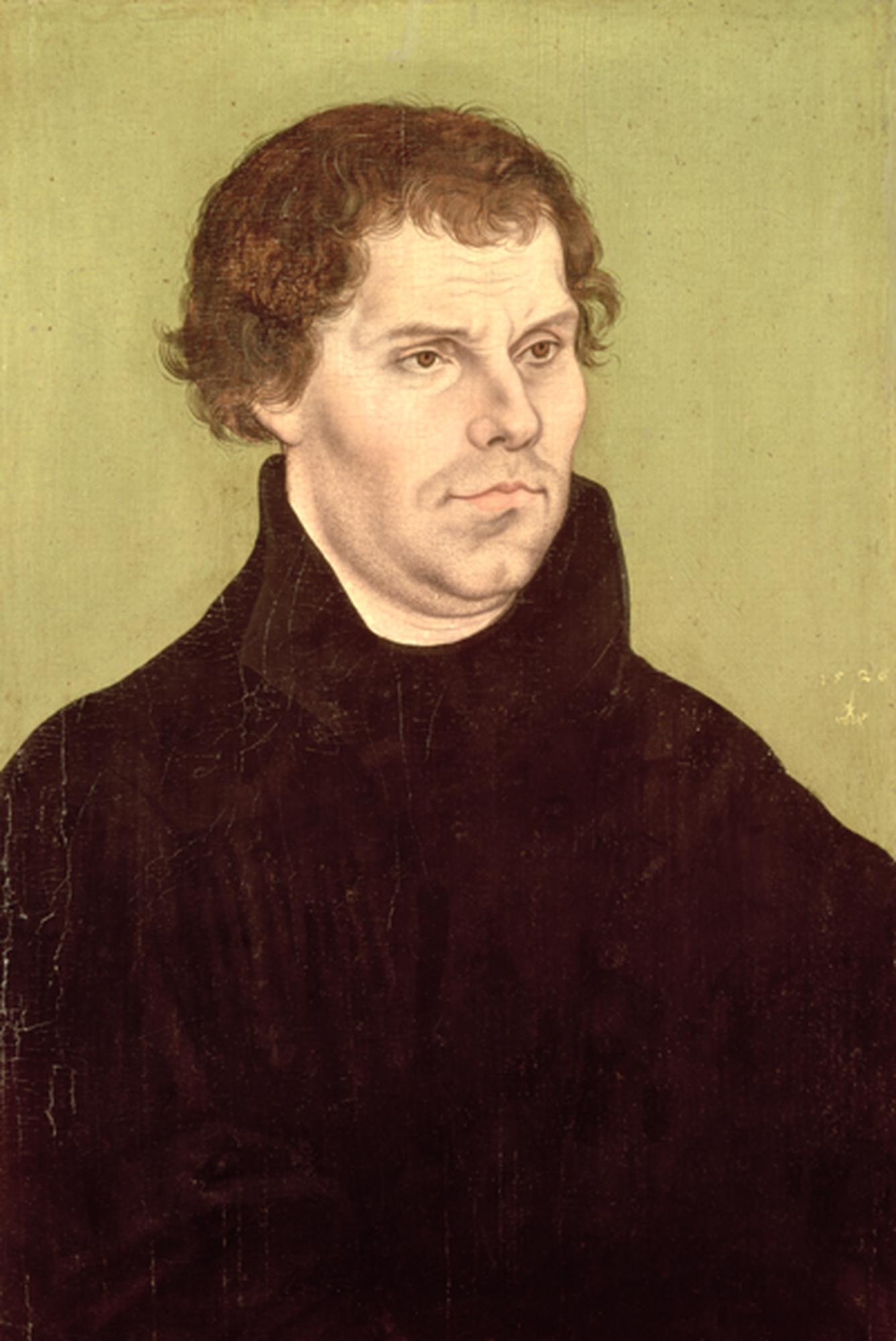

Two portraits illustrating the physical evolution of Martin Luther’s appearance over time: Left: Portrait of Martin Luther, by Lucas Cranach the Elder and workshop, 1526. Source: Wikimedia Commonsꜛ (license: public domain) – Right: Portrait of Martin Luther, by Lucas Cranach the Elder and workshop, 1543. Source: Wikimedia Commonsꜛ (license: public domain)
Luther’s relationship with food and drink
Luther’s writings and correspondence reveal his enthusiasm for both food and drink, particularly beer, a staple of German life in his time. He frequently extolled the virtues of good beer and hearty meals, often framing them as gifts from God. Communal feasting was integral to Luther’s theology of Christian freedom, emphasizing the enjoyment of life’s blessings without undue asceticism. In his view, celebrating the fruits of creation was a testament to God’s generosity.

Portrait of Martin Luther, by Lucas Cranach the Elder and workshop, 1540. The portrait clearly shows Luther as a corpulent man. Source: Wikimedia Commonsꜛ (license: public domain)
However, contemporary accounts also describe Luther’s indulgence as excessive. He was known for his robust appetite and his ability to consume large quantities of beer, wine, and food during his famous table talks — informal gatherings where theological discussions often devolved into lengthy, and at times unrestrained, diatribes. These sessions, while intellectually stimulating, also exposed Luther’s more unguarded and impulsive side, where his rhetoric could turn coarse, inflammatory, or even self-contradictory.

Title woodcut of Martin Luther’s Table Talk, by Johannes Aurifaber. Source: Wikimedia Commonsꜛ (license: public domain)
Moral implications and public perception
Luther’s intemperance presents a paradox when juxtaposed with his moral and theological teachings. On one hand, his embrace of earthly pleasures reflected his rejection of the Catholic Church’s rigid asceticism and its emphasis on works-based salvation. By promoting the idea that faith alone ensured salvation (sola fide), Luther argued that Christians were free to enjoy God’s gifts without fear of moral condemnation.

Portrait of Martin Luther, by Lucas Cranach the Elder and workshop, 1555. The portrait clearly shows Luther as a corpulent man. Source: Wikimedia Commonsꜛ (license: public domain)
On the other hand, Luther’s excesses invite criticism for their potential hypocrisy. His indulgence in food and drink, coupled with his frequent invective against his enemies — whether Catholics, Jews, or dissenting Protestants — seems at odds with his calls for self-discipline, humility, and the pursuit of a Christ-like life. While Luther’s theology may have permitted his indulgences, they risked undermining his credibility as a moral and spiritual leader, particularly as his behavior became more erratic in his later years.
Moreover, Luther’s lifestyle likely alienated some of his contemporaries who saw gluttony and drunkenness as moral failings. His critics, both Catholic and Protestant, seized on his intemperance as evidence of his unfitness to lead a spiritual movement, portraying him as a man ruled by his appetites rather than his principles.
Excessive alcohol consumption and its psychological consequences
Modern perspectives on alcohol abuse suggest that excessive drinking can exacerbate psychological conditions, impair judgment, and intensify emotional instability. While it is impossible to retroactively diagnose Luther with alcohol dependency, his well-documented consumption habits raise questions about how alcohol may have influenced his behavior, particularly in his later years.
As Luther aged, his writings and speeches became increasingly harsh and uncompromising. His infamous antisemitic treatise, On the Jews and Their Lies (1543), and his calls for violence against peasants and heretics reveal a level of vitriol and radicalization that stands in stark contrast to the more moderate and reform-minded tone of his earlier works. Scholars have debated whether this shift was driven by physical and mental decline, frustration with the slow progress of his reforms, or other personal and cultural factors.
Alcohol, known to impair emotional regulation and amplify aggression, may have played a role in exacerbating Luther’s more extreme tendencies. His propensity for inflammatory rhetoric during his table talks, often delivered after heavy drinking, suggests that alcohol may have loosened his inhibitions and fueled his more combative and divisive statements.
The broader implications of Luther’s intemperance
Luther’s indulgence in food and drink, while reflective of the culture of his time, invites broader questions about the moral and psychological dimensions of leadership. Can a figure who struggled with self-restraint and occasionally succumbed to excess still be regarded as a credible moral authority? To what extent should personal behavior influence the assessment of an individual’s teachings and legacy?
In Luther’s case, his intemperance adds complexity to his character without necessarily invalidating his theological contributions. However, it also underscores the tension between his ideals and his actions, revealing the human flaws behind the religious reformer. His behavior serves as a reminder that spiritual leaders, like all individuals, are shaped by their personal struggles and cultural contexts, which can both enrich and compromise their message.
Conclusion
Martin Luther’s indulgence in food and drink presents a paradox in his legacy, highlighting the tension between his theological ideals and his personal habits. While his embrace of communal feasting and beer culture reflected his rejection of asceticism and his belief in Christian freedom, his excessive consumption invites scrutiny. His intemperance, particularly during his later years, raises questions about the extent to which it may have contributed to his increasingly erratic and radical rhetoric, including his harsh invective against Jews, heretics, and political opponents.
Luther’s behavior serves as a cautionary case of how personal habits and unchecked excesses can shape both public perception and historical memory. His critics — both contemporary and modern — have pointed to his overindulgence as a sign of hypocrisy, a failing that stands in stark contrast to the moral and spiritual discipline he often preached. Yet, rather than invalidating his theological contributions, Luther’s complex relationship with food, drink, and power underscores the human contradictions inherent in even the most influential figures.
His legacy forces us to consider the broader implications of moral authority: Can a leader’s personal flaws coexist with their lasting intellectual and spiritual contributions? Luther’s life suggests that while great minds can drive transformative change, they remain subject to the same excesses, weaknesses, and contradictions as those they seek to lead.
References and further reading
- Karlheinz Deschner, Kriminalgeschichte des Christentums: Bd. 8 Das 15. und 16. Jahrhundert. Vom Exil der Päpste in Avignon bis zum Augsburger Religionsfrieden, 2006, Rowohlt Taschenbuch Verlag, ISBN: 9783499616709
- Martin Luther, Tischreden, 1986, Reclam, ISBN: 978-3150012222
- Blog post by Frankfurter Allgemeine Zeitung, “Luther und das Bier”ꜛ, Februar 2, 2017

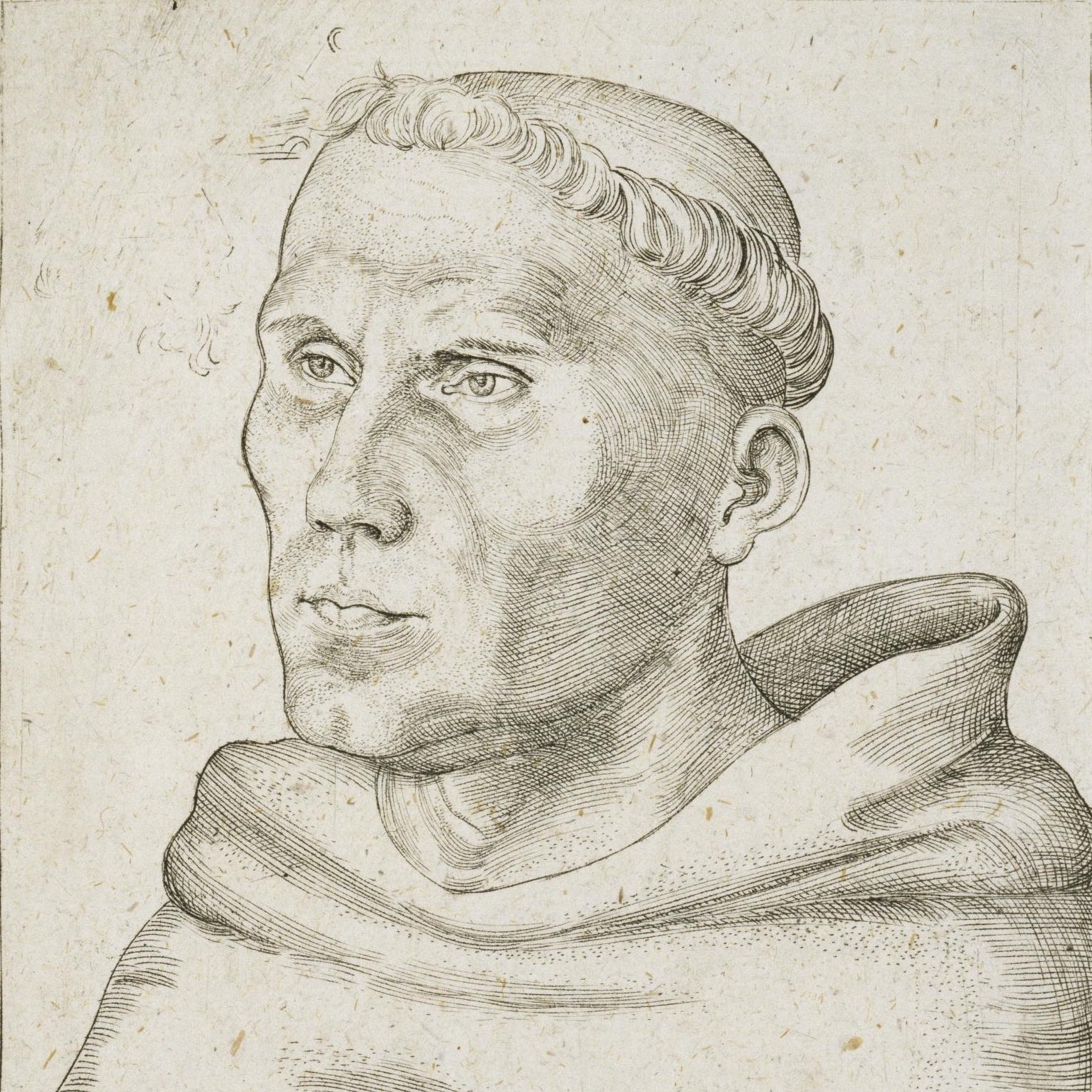
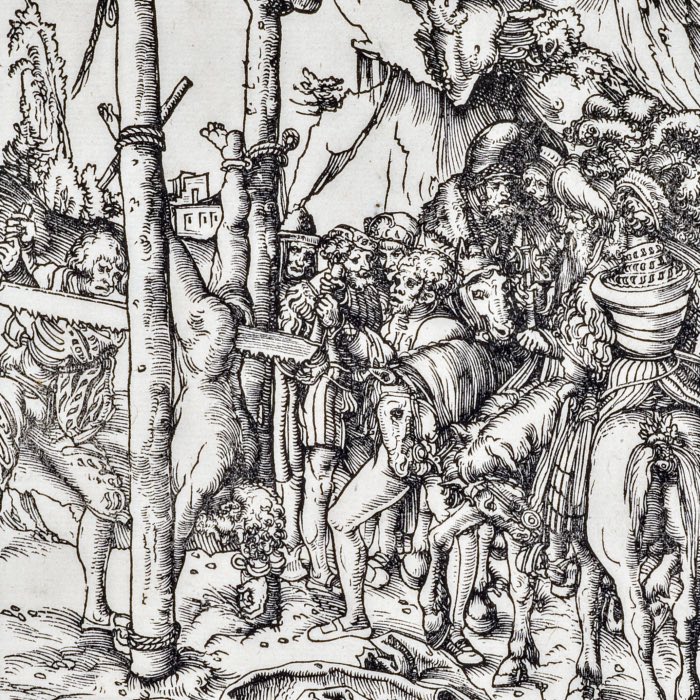
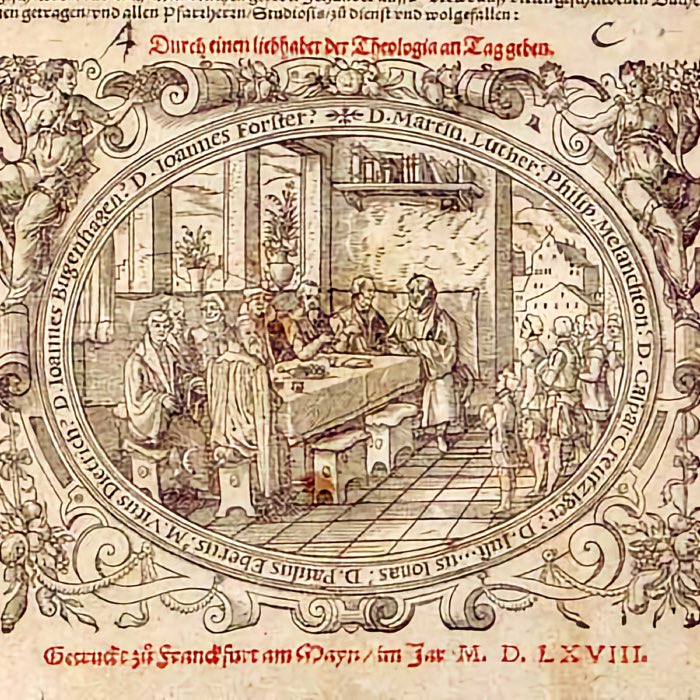
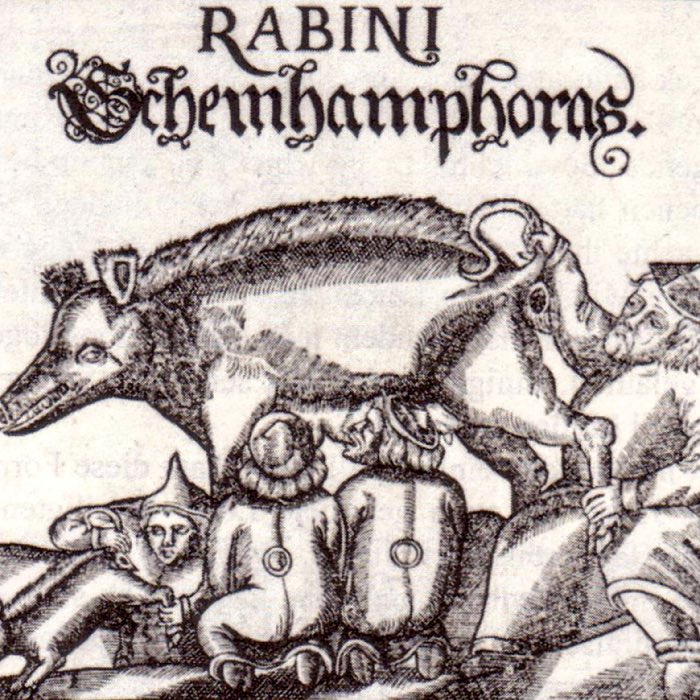
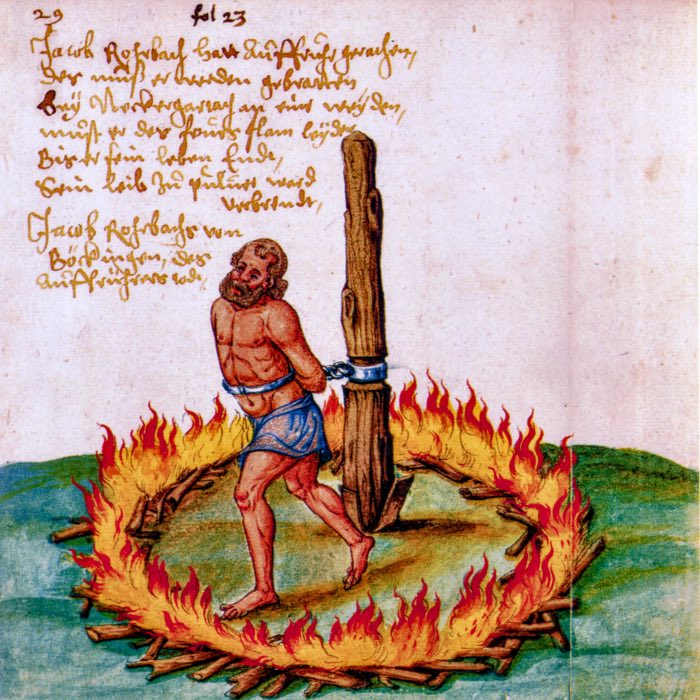
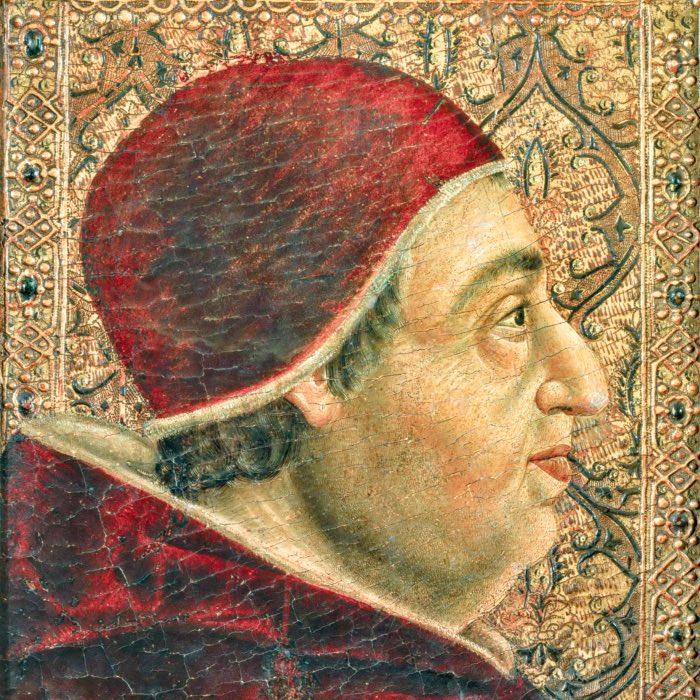
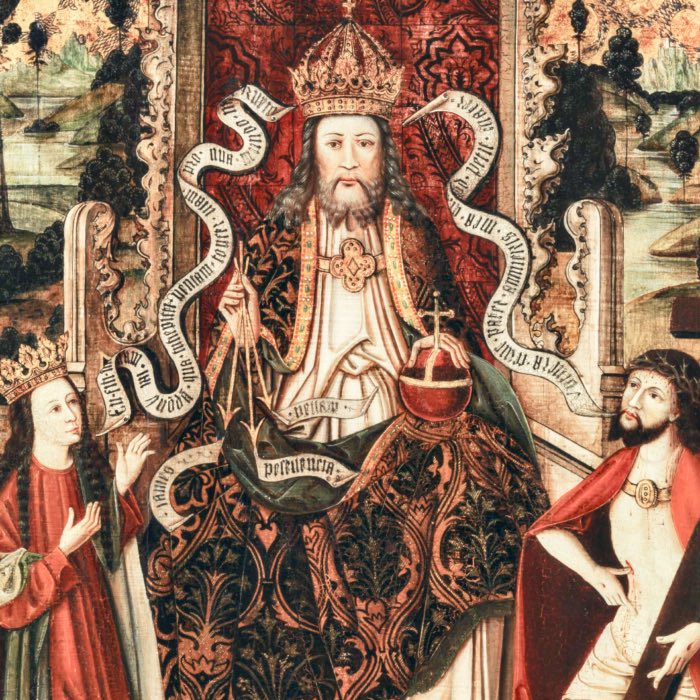
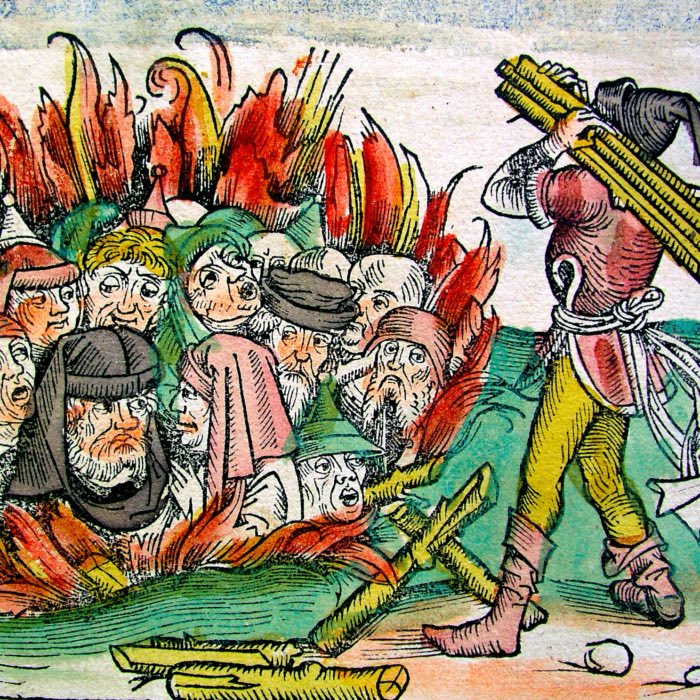
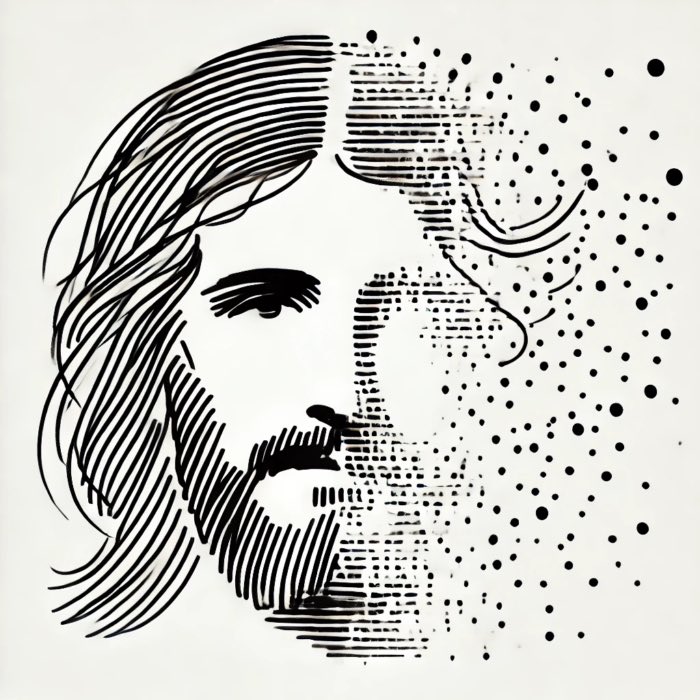
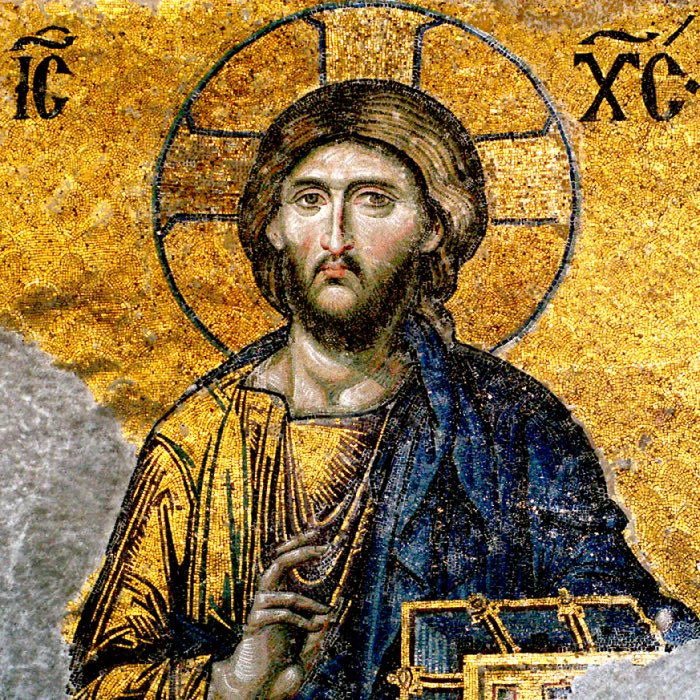



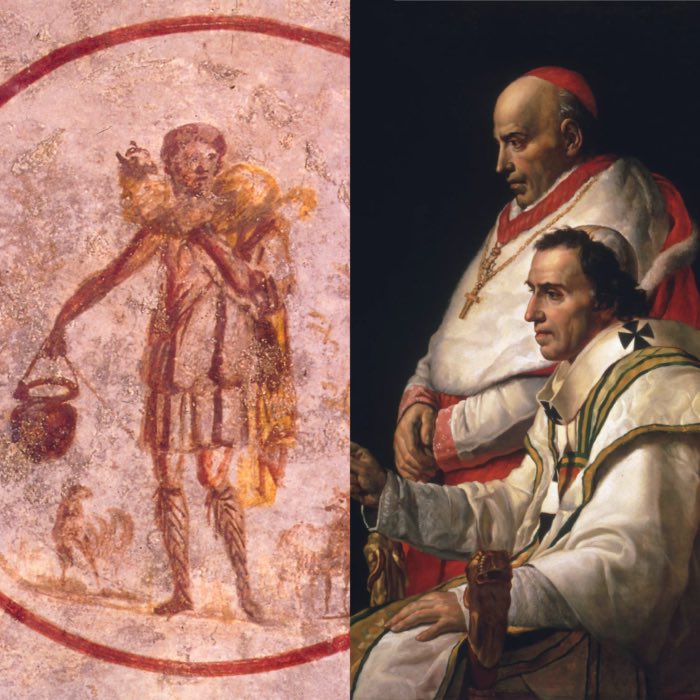

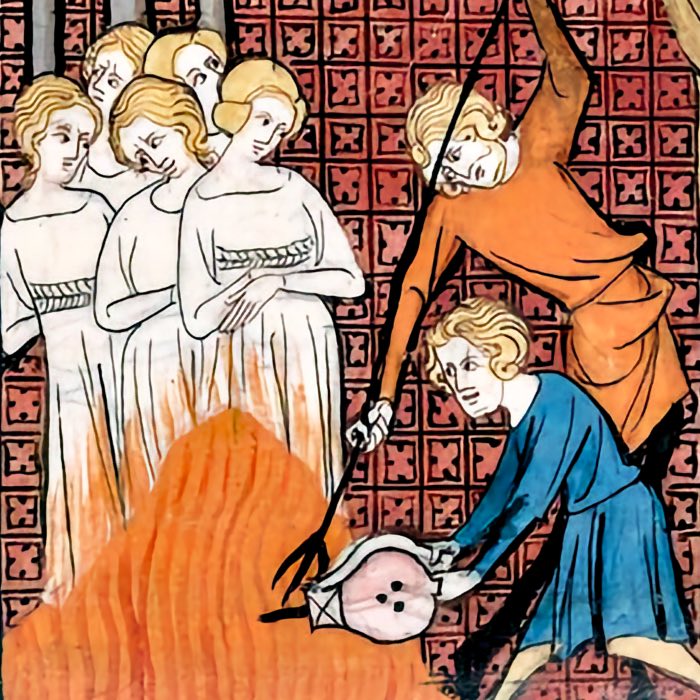
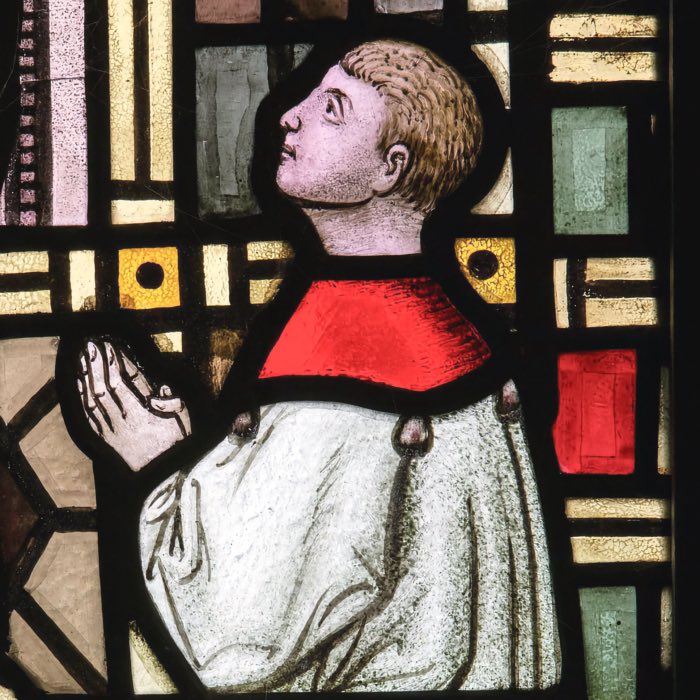
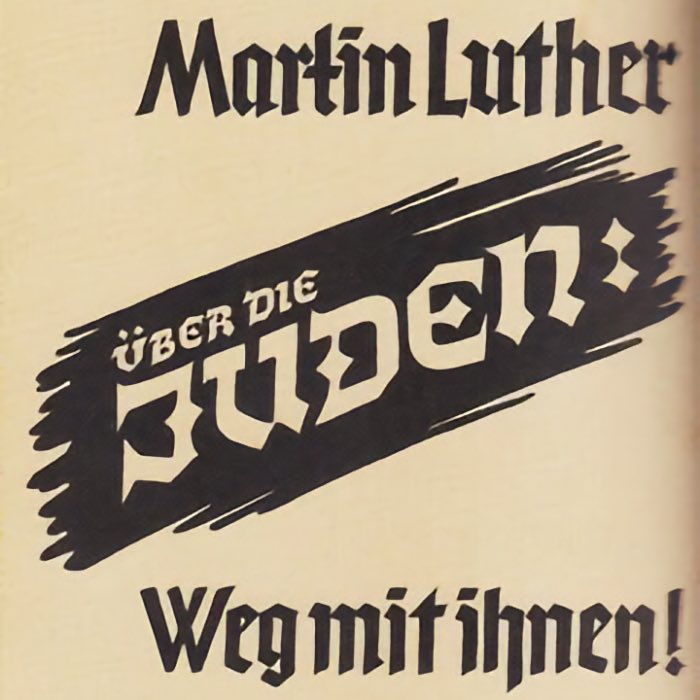
comments